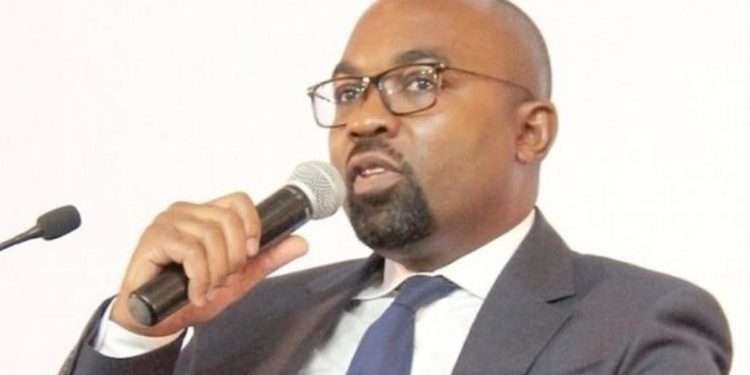IMF not interested in cancelling Free SHS – IMF Country Rep.
“I don’t see why the Free SHS should be cancelled, its a good policy, and so the debate is not to cancel it, but how to make it more sustainable and efficient,”
Country Representative of the International Monetary Fund (IMF), Dr Albert Touna Mama, has said the Fund will not be cancelling the Free SHS along with other social policies of the government.
According to him, Fund-related programmes for troubled economies usually target at preserving government-supported social programmes, hence protecting the poor and vulnerable in the society.
Making the disclosure in an interview a day after the Fund completed its mission to Ghana on Citi FM and monitored by norvanreports, Dr Touna Mama, averred the Free SHS is a good social policy and the IMF will not think about cancelling it.
He, however, noted that the IMF will help government take a relook at the policy to make it more sustainable and efficient given its drain on the country’s finances.
“I don’t see why the Free SHS should be cancelled, its a good policy, and so the debate is not to cancel it, but how to make it more sustainable and efficient,” he stated.
Dr Touna Mama’s comments is contrary to popular assertions that the IMF as part of its conditionalities to Ghana for a programme, will cancel the Free SHS and other social policies.
These popular assertions are premised on certain conditionalities outlined to previous governments by the IMF which required them (the previous governments) to freeze spending on social programmes, freeze wage bills and employment to the public sector among others.
That not withstanding, economic analysts have on countless occasions called on government to review its social programmes particularly the Free SHS given its fiscal demand.
Additionally, economic experts have cautioned that given the present precarious state of the economy, it is unwise for government to continue to finance the Free SHS, thereby calling for a review of the policy to make it cost-effective or in the worst case scenario, the complete cancellation of the policy.
Meanwhile, government is said to have commenced a review of its major social intervention programmes on the back of developing an Enhanced Domestic Economic Programme (EDP) expected to be supported by the IMF.
According to the Ministry of Finance, some of these social intervention programmes under review are the Free SHS, School Feeding Programme and Agenda 111.
In a Q&A document on Ghana’s request for a bailout from the IMF and published by the Finance Ministry, the Ministry states that, the review of the said social intervention programmes is not to scrap or cancel them but to “see how best they can be optimized and become more efficient.”
According to the Ministry, the aforementioned social intervention programmes are of utmost priority to the government and as such, they will be maintained
The Ministry, however, added that, lower priority or non-productive spending (white elephant projects) will be curtailed as part of government’s fiscal adjustment under the IMF-supported programme.
“IMF programmes are flexible in response to evolving circumstances. Ultimately, the IMF encourages governments in their programme design to protect the poor or vulnerable groups from the impact fiscal adjustment. Free SHS, the School Feeding programme, among others are good social intervention programmes and it is the lack of financing and unsustainable debt burdens that could constrain a government’s ability to maintain its level of spending, including social or investment spending.
“In our situation, the IMF may ask Ghana to consider curtailing lower priority or non productive spending (such as “white elephant” projects) as part of its fiscal adjustment but to preserve priority social spending, including on health and education. The objectives are typically aimed at providing a social safety net for the poor and ensuring that investment spending boosts the economy at a critical time. However, Government in its Enhanced Domestic Programme has started a review of these programmes to see how best they can be optimized and become more efficient,” the Ministry stated.
Huge spending on government’s flagship programmes particularly, the Free SHS is believed to have contributed to the country’s present unsustainable public debt stock.
With all of the country’s tax revenues covering only interest payments and compensation, and crowding out other expenditures such as amortisation, the government is left with no other choice than to borrow to finance its flagship programmes such as the Free SHS, Agenda 111, School Feeding Programme, among others.


